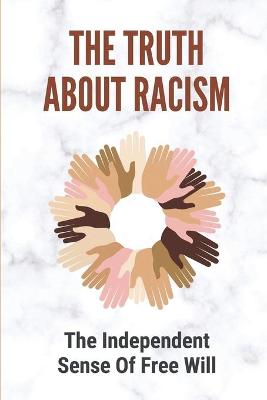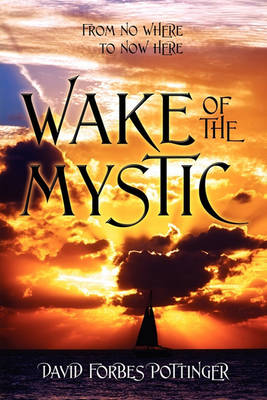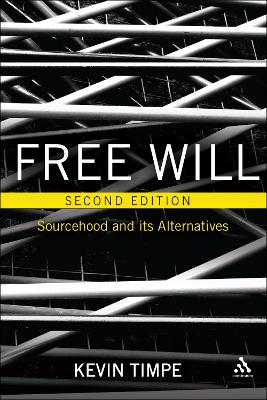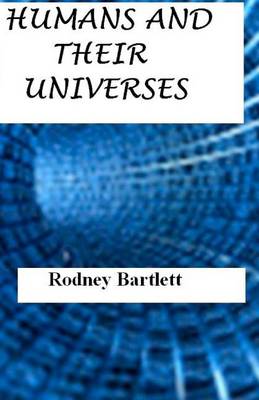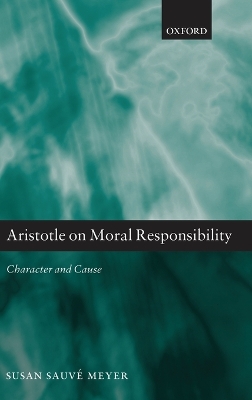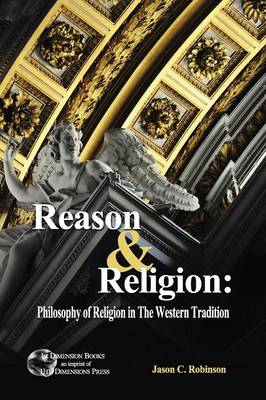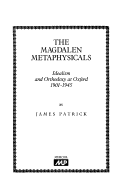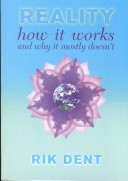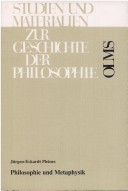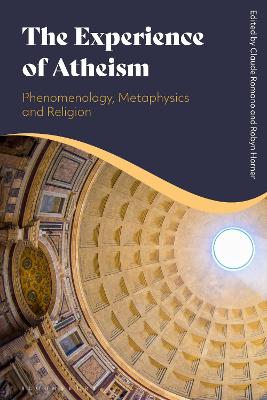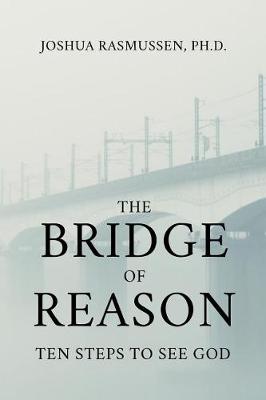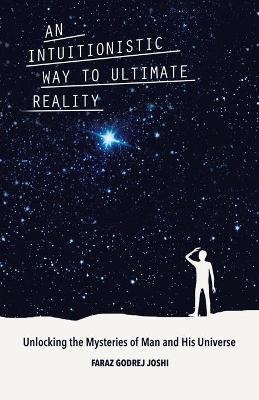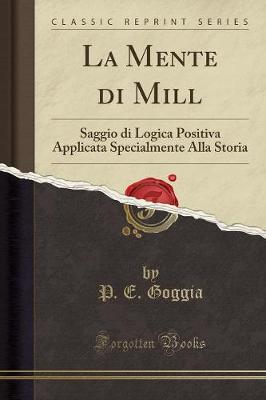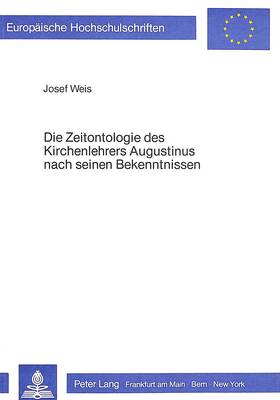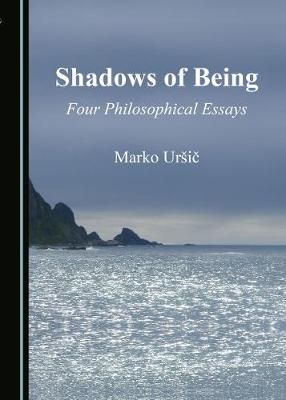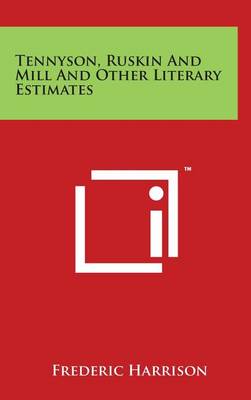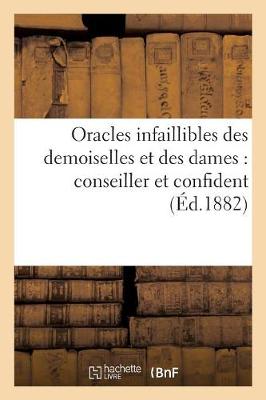Contemporary debates on free will are numerous and multifaceted. According to compatibilists, it is possible for an agent to be determined in all her choices and actions and still be free. Incompatibilists, on the other hand, think that the existence of free will is incompatible with the truth of determinism. There are also two dominant conceptions of the nature of free will. According to the first, it is primarily a function of being able to do otherwise than one in fact does. The second approa...
Causation is everywhere in the world: it features in every science and technology. But how much do we truly understand it? Do we know what it means to say that one thing is a cause of another and do we understand what in the world drives causation? Getting Causes from Powers develops a new and original theory of causation based on an ontology of real powers or dispositions. Others have already suggested that this ought to be possible, but no one has yet performed the detailed work. Stephen Mumfo...
The subject of the book is a reconsideration of the internalistic model of composition of the Platonic type, more radical than traditional, post-Aristotelian externalistic compositionism, and its application in the field of the ontology of quantum theory. At the centre of quantum ontology is nonseparability. Quantum wholes are atemporal wholes governed by internalistic logic and they are primitive, global physical entities, requiring an extreme relativization of the fundamental notions of mechan...
Aristotle on Moral Responsibility (Issues in Ancient Philosophy S.)
by Susan Sauve Meyer
This is a reissue, with new introduction, of Susan Sauve Meyer's 1993 book, in which she presents a comprehensive examination of Aristotle's accounts of voluntariness in the Eudemian and Nicomachean Ethics. She makes the case that these constitute a theory of moral responsibility-albeit one with important differences from modern theories. Highlights of the discussion include a reconstruction of the dialectical argument in the Eudemian Ethics II 6-9, and a demonstration that the definitions of '...
Philosophie Und Metaphysik Teleologisches Und Spekulatives Denken in Geschichte Und Gegenwart
by Jurgen-Eckhardt Pleines
The Experience of Atheism: Phenomenology, Metaphysics and Religion
Religious and atheistic belief are presented anew in a volume of essays from leading phenomenologists in both France and the UK. Atheism, often presented as the negation of religious belief, is here engaged with from a phenomenologically informed notion of experience. The focus on experience, sparks new debates in readings of belief, faith and atheism as they relate to and complicate each other. What unites the contributors is their relationship to phenomenology as it has developed in France in...
Die Zeitontologie Des Kirchenlehrers Augustinus Nach Seinen Bekenntnissen (Europaeische Hochschulschriften / European University Studie, #135)
by Josef Weis
Die Frage nach dem Sein der Zeit geht bei Augustinus zuruck auf die Frage nach dem Sein dessen, worin sich Zeit findet, namlich des Menschen: Tempus est distentio animi; Aus dieser Grunderkenntnis entwickelt Augustinus die weitere Feststellung: Tempus est affectio animi - die Zeit ist Erfulltheit des Geistes. Am Ende seiner Untersuchung zeigt A., wie der Geist mit dem Instrument der Wahrnehmung die Erinnerung, Anschauung und Erwartung zu einem kognoscitiven Kontinuum ineinanderfugt. Anschliessen...
This book is a study of the phenomena of shadows, meant in a broader sense as "symbolic forms". The shadow is a less real, "surface" replica of some more real form. From the Platonic point of view, empirical objects are "shadows of ideas", while from the modern "natural" point of view, shadows are seen and conceived primarily as "weaker" replicas of bodies, which give evidence of their material reality. In the first three essays here, several topics from the Ancient Egypt and Greece to modern ar...
Tennyson, Ruskin and Mill and Other Literary Estimates
by Frederic Harrison
Oracles Infaillibles Des Demoiselles Et Des Dames: Conseiller Et Confident Du Beau Sexe Repondant (Philosophie)
by Sans Auteur
